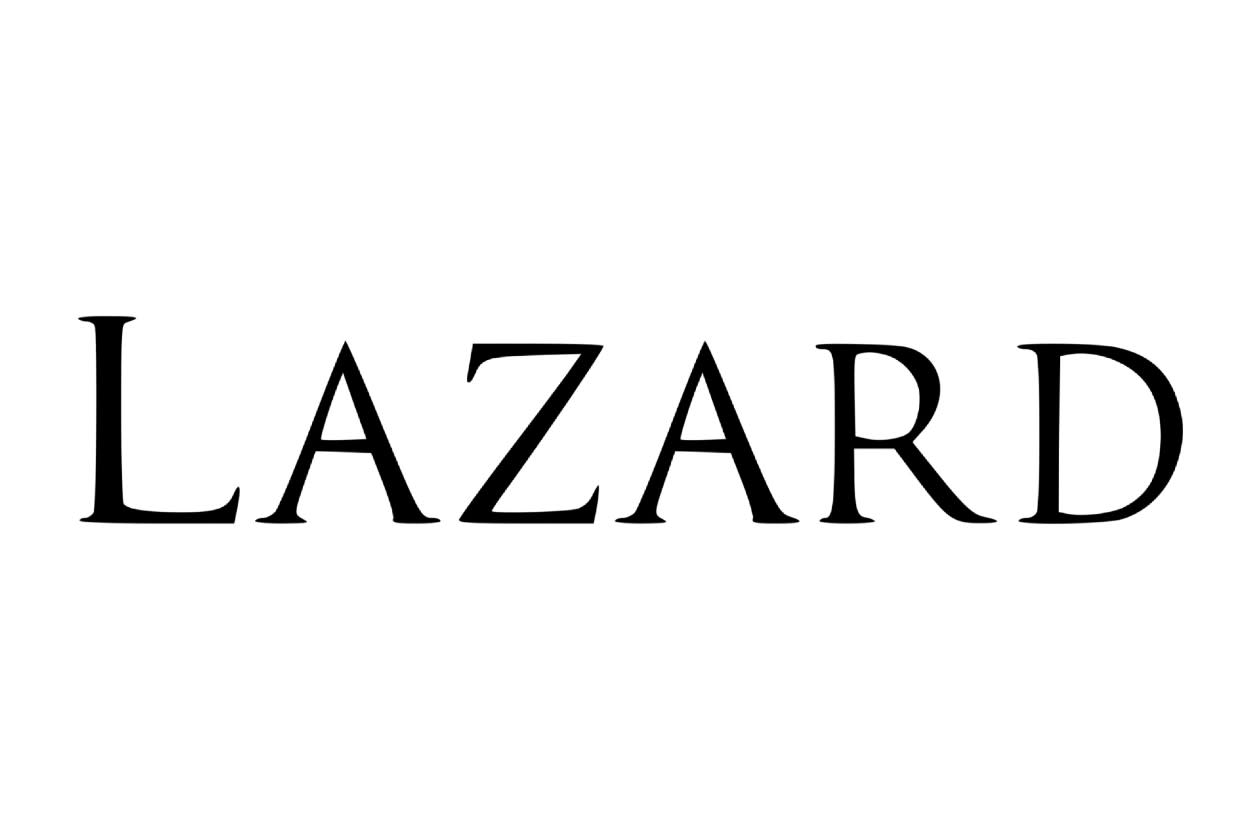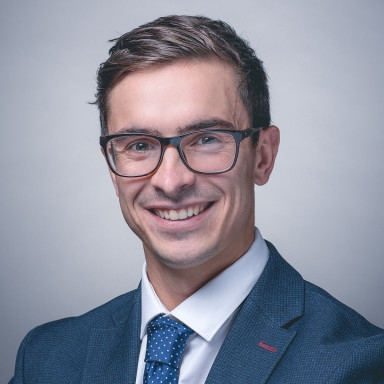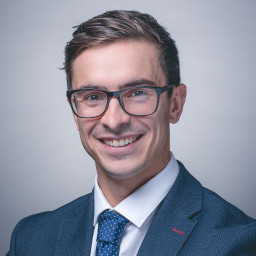The fund has been managed by four experienced investors since launch in June 2015
The fund focuses on investing in undervalued companies, this is when a company’s share price doesn’t reflect what the manager’s believe is the true value
Over the long term the fund has performed well, particularly when the value style of investing is in favour
The fund is on our Wealth Shortlist of funds chosen by our analysts for their long-term performance potential
How it fits in a portfolio
The Lazard Global Equity Franchise fund aims to deliver long-term growth by investing in companies with more predictable earnings and competitive advantages. The managers focus on companies they believe are undervalued – this means their share prices don’t yet reflect their growth potential. This style means the fund could work well alongside a more growth-focused fund or add diversification to a global investment portfolio. Overall, we believe this fund offers something different from other global funds.
The fund has recently been added to our Wealth Shortlist of funds chosen by our analysts for their long-term performance potential.
Managers
Four co-managers have managed this fund since it launched in June 2015.
Matthew Landy is based in New York and has over 30 years of investment experience. Before joining Lazard in 2005, he worked as an equity analyst for Tyndall Investment Management. John Mulquiney is based in Sydney and has over 25 years of industry experience. Prior to joining Lazard in 2005, Mulquiney also worked at Tyndall Investment Management as an analyst.
Warryn Robertson is also based in Sydney and has over 30 years of industry experience. Robertson joined Lazard in 2001 and previously worked at PricewaterhouseCoopers Corporate Finance. Bertrand Cliquet is based in London and has over 25 years of industry experience. Prior to joining Lazard in 2004 Cliquet worked at Goldman Sachs.
While the managers are based in different locations and time zones, they still work as a close-knit team when analysing companies and making decisions. They communicate regularly and have managed the fund this way over many years. This set-up also makes it easier for them to meet more companies, no matter where they’re based. They’re also supported by two analysts – Gary Yan who is based in New York and Anthony Rohrlach based in Sydney.
All four co-managers also run the Lazard Global Listed Infrastructure fund since its launch in October 2005. The fund uses a similar investment process and style, but focuses only on infrastructure-related companies. Given the resource and overlap in style, we believe they can manage the workload of both funds. We like the challenge and support gained by working as a team, and we think this enhances their analysis.
Process
The managers aim to invest in unloved companies from across the globe, and where the share price doesn’t yet reflect their true value. If they’re right and more investors recognise this potential over time, the share price could rise.
The managers start by looking for businesses they believe meet their “franchise” model. These are companies that have strong balance sheets, competitive advantages, and earnings they can more easily forecast.
The managers start by avoiding parts of the market that don’t meet this quality criteria. They don’t invest in areas such as tobacco, defence, and oil and gas companies. They think these areas are too reliant on unpredictable external factors such as regulation, government defence spending, and commodity prices. This makes their earnings difficult to forecast and can put their finances under pressure.
This helps whittle down the universe of companies they can invest in. Potential candidates are then analysed by the team to find their true value.
If a company is taken further, it enters the team’s ‘value rank.’ This ranks companies based on their current share prices and against their true value. The managers then pick the best opportunities from this model – the companies at the top of the value rank make up more of the fund, and those at the bottom are smaller. The model helps the managers to apply the investment process consistently.
The fund invests in 25-50 companies. Currently they own 25 companies as they believe they aren’t as many undervalued opportunities available. This is a relatively small portfolio and means each investment can contribute significantly to returns, although this approach increases risk.
This approach also means the fund can be invested heavily in a few sectors and countries. For example, the fund currently invests 17.47% in utility companies, and 18.62% in the UK. The fund can therefore look and perform very differently to the benchmark (the broader global stock market). Given the focus on finding undervalued opportunities the fund is unlikely to invest as much as the benchmark in areas that are performing strongly at the time, currently this is areas such as the US and the technology sector. It also invests in smaller companies and emerging markets, which also adds risk.
The managers have stayed true to their philosophy during tougher periods, but the fund can change quickly depending on market conditions.
Over the past year, the managers have added an investment in European luxury brand Kering, the parent company of Gucci and Yves Saint Laurent. The share price fell due to declining sales, but the managers think it’s been overdone and is now cheaper than it should be. They also sold investments in US technology company Cisco and US food company Kraft Heinz as they believed the stock market recognised the true value of these companies and there were better opportunities elsewhere.
Culture
Lazard is a well-established asset manager with offices all over the world. The company’s history in banking and foreign exchange dates to 1851. In 1953 the company launched the asset management side of the business in London. The company now operates in 26 countries across the world.
We think Lazard enables a culture of allowing fund managers to invest as they see fit. The managers of this fund used some of their own money to launch it. We think this personal investment demonstrates their commitment and means their interests are more likely to be aligned with investors and focus on long-term performance.
ESG Integration
Lazard doesn’t require its portfolio managers to integrate analysis of environmental, social or governance (ESG) factors into their processes, but a significant portion have chosen to do so. Portfolio managers receive a monthly report containing ESG insights. Companies held by those managers that are thought to be in breach of a UN Global Compact principle are ‘flagged’ within the report, but there is no requirement for the manager to sell the investment. Managers also have access to a proprietary materiality map, which helps them identify the main ESG risks relevant to companies in each major sector.
The firm manages a range of sustainable funds which are designed with the assumption that the world is moving to a sustainable future and that investors can benefit from this transition by having exposure to companies that have (or plan to have) sustainable products, services, and operations.
The firm produces an annual Sustainable Investment report, which discusses its firm-wide ESG philosophy, processes and initiatives, as well as engagement case studies. The firm’s quarterly Active Ownership provides more detail on its stewardship activity.
While ESG is integrated into this fund, it’s not a specialist responsible or sustainably invested fund and the manager can invest in some sectors not seen to rank highly based on ESG credentials.
Cost
The fund is available for an annual ongoing charge of 0.82%. The HL annual account charge of up to 0.45% also applies except in the HL Junior ISA, where no annual account charge applies.
Performance
The fund has grown 154.44%* since launch in June 2015. This means it has performed better than the average fund in the IA Global sector, which has grown 147.50% over the same time. As always, past performance isn’t a guide to future returns.
The fund hasn’t performed as well as its benchmark, the MSCI World Index, over this time. This is largely because the fund’s value investment style has been out of favour for much of this time. Funds with a growth focus, which have tended to invest more in US and technology companies over the last decade, have done better. The fund has invested less in these areas because share price valuations have been higher and haven’t offered as much future performance potential, in the managers’ view.
It's a similar situation for other funds with a value-focused approach. That said, this fund has performed better than many other global value funds, according to our analysis, and has also performed better than the global value index, which we’d expect.
Importantly, this fund offers diversification from a lot of other global funds that have increased their exposure to areas like the US and tech in recent years. While there’s nothing to say these areas won’t keep performing well, it’s unlikely for any sector, theme, or country to outperform indefinitely, as different investing styles come in and out of favour.
Over the longer term, we expect the fund to do better when value investing is in favour, and the reverse is also true. A focus on business quality also means we expect the fund to hold up better than some other funds during down markets but may not rise as quickly during rising periods.
The past few years are a good example of how we expect the fund to perform. It did much better than the market in 2022 when value companies tended to outperform. But the reverse has been true over the past year when growth companies tended to come out on top.
Italian lottery and gaming company International Game Technology was one of the main detractors from the fund’s performance over the year to 31 December 2024. US satellite company SES also detracted. The fund also didn’t own a number of growth companies that have done well, such as big US tech-related companies Nvidia and Amazon.
On the other hand, US online marketplace eBay and US tax preparation company H&R Block were some of the main contributors to returns.
Overall, we think the team has the experience, skill, and support to deliver good long-term returns to patient investors, although there are no guarantees. Investments fall as well as rise in value, so investors could get back less than they invest.
Annual percentage growth
31/12/2019 To 31/12/2020 | 31/12/2020 To 31/12/2021 | 31/12/2021 To 31/12/2022 | 31/12/2022 To 31/12/2023 | 31/12/2023 To 31/12/2024 | |
|---|---|---|---|---|---|
Lazard Global Equity Franchise Fund | -2.58% | 22.71% | 6.94% | 12.42% | -1.68% |
IA Global TR | 14.84% | 17.95% | -11.05% | 12.45% | 12.49% |
MSCI World TR USD | 12.90% | 23.48% | -7.37% | 17.40% | 21.33% |


